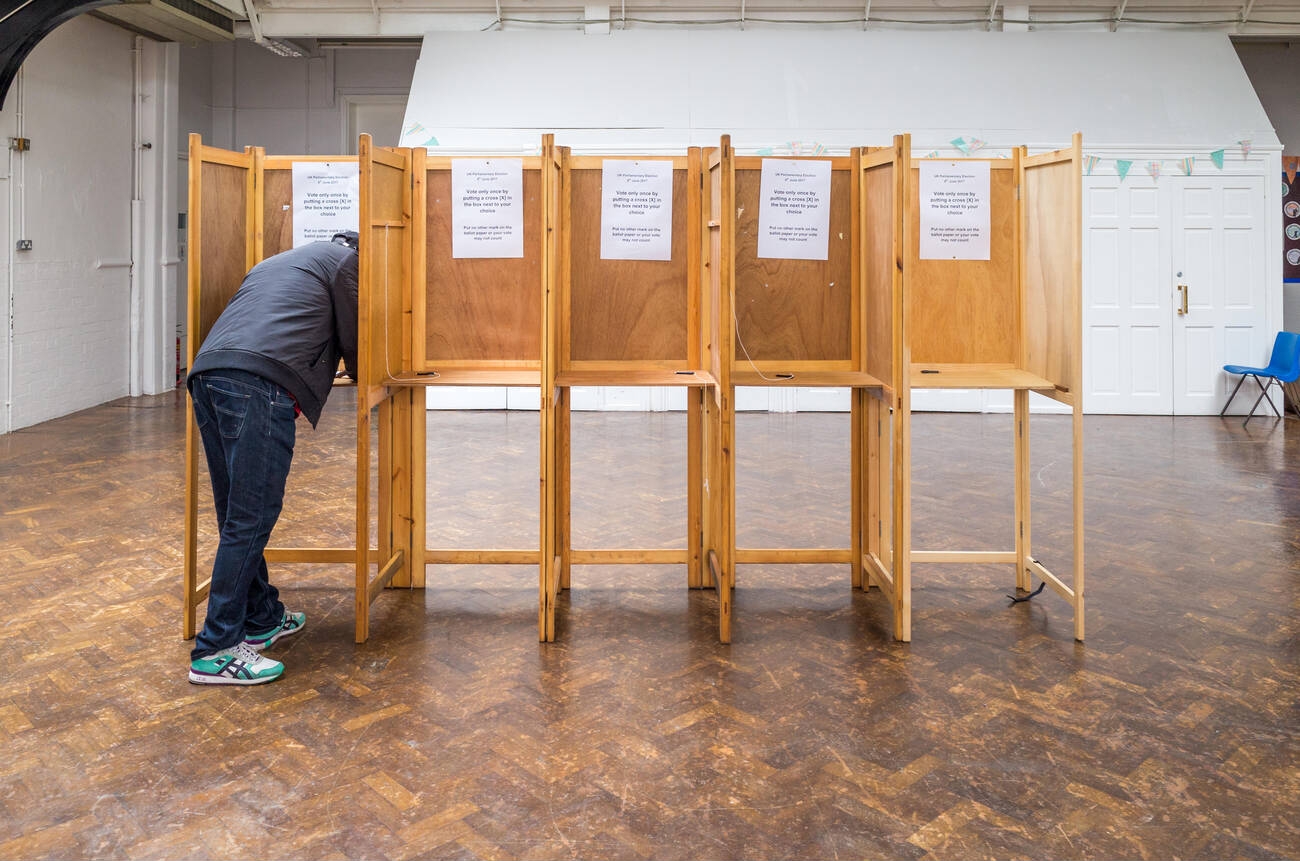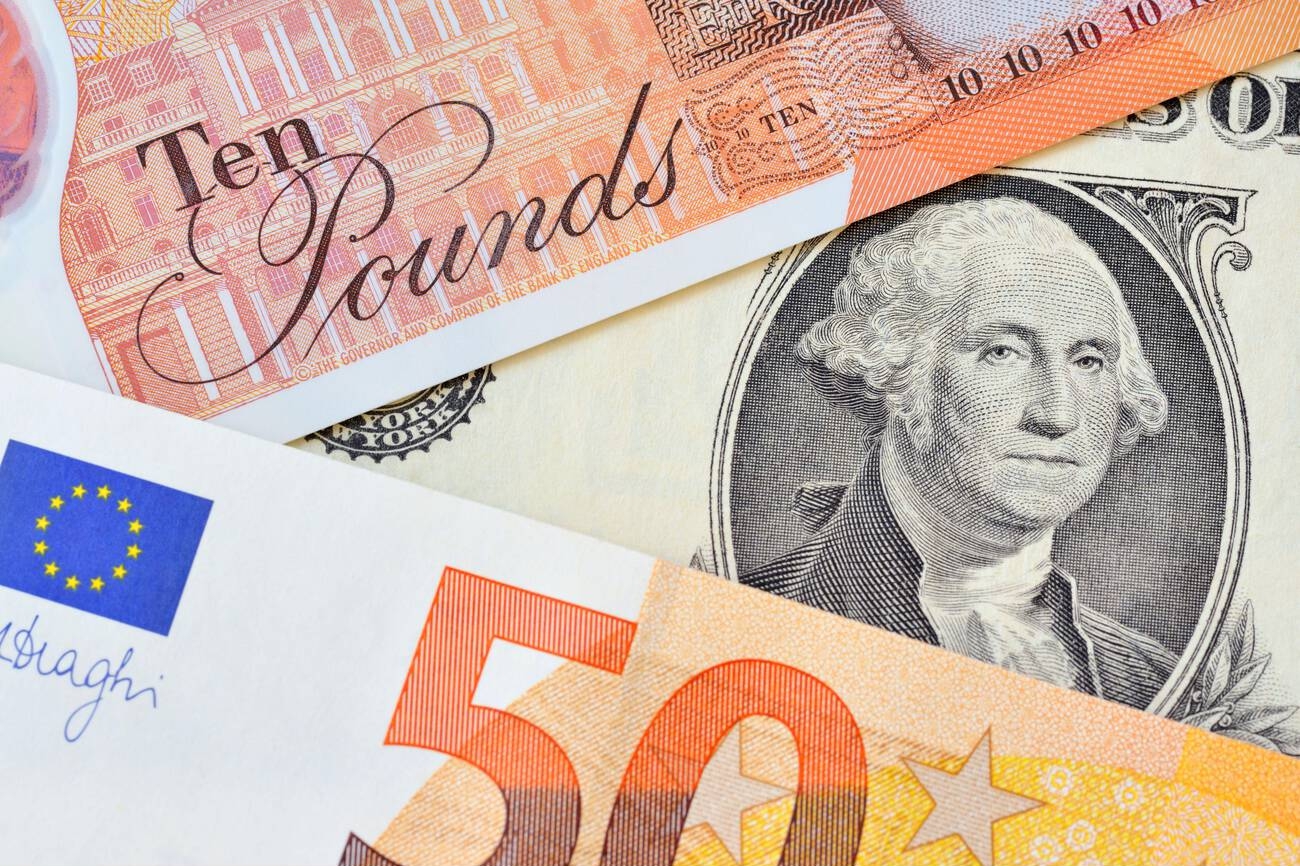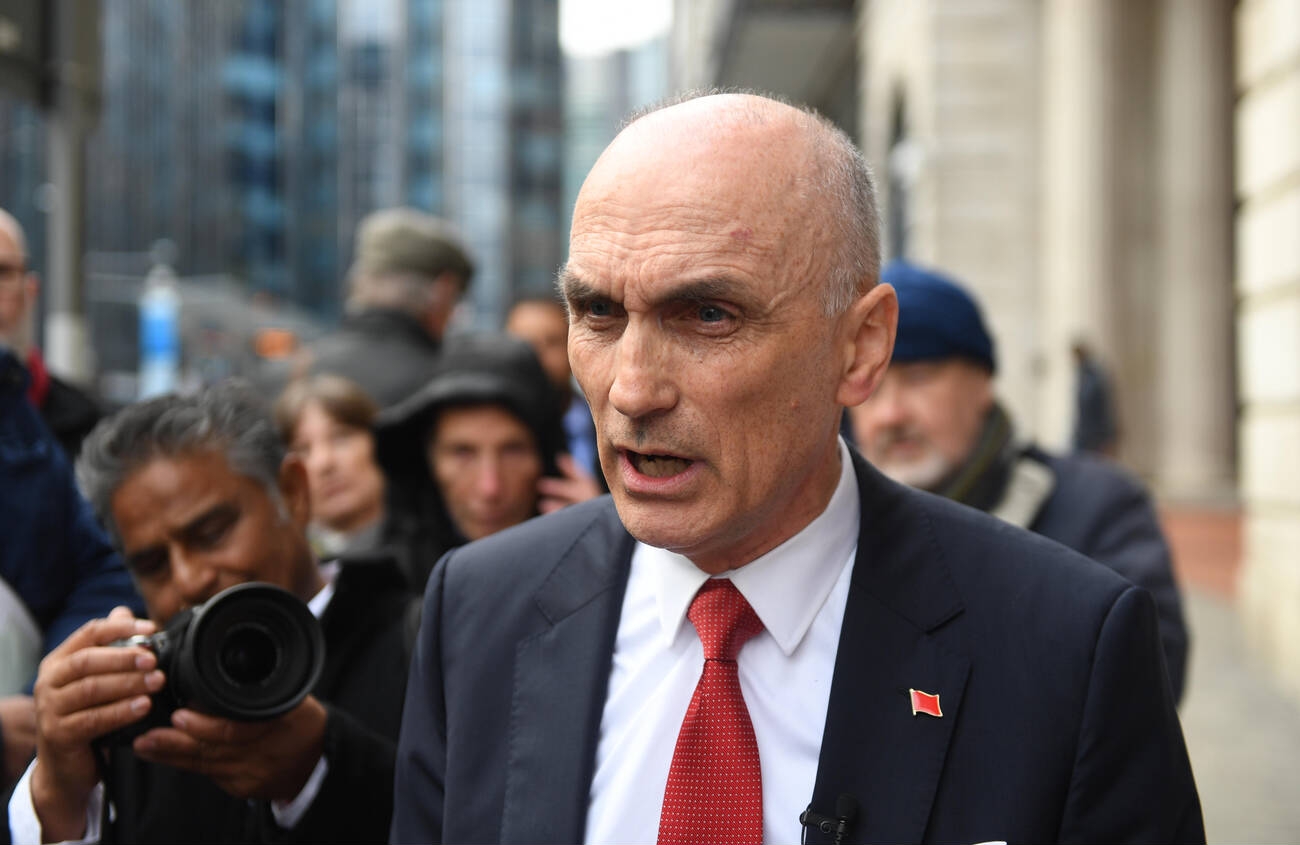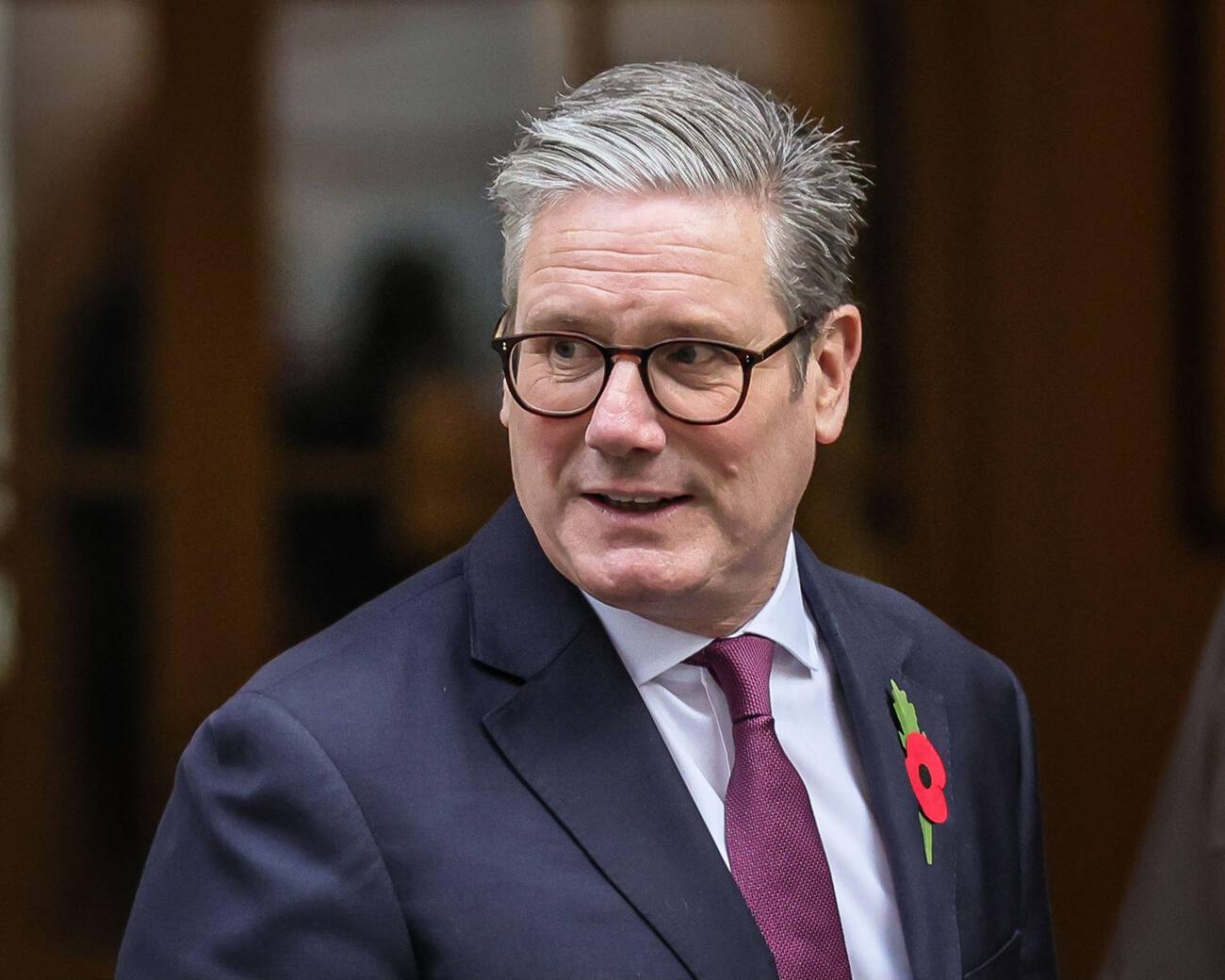UK teacher salary protests and the wave of strikes against low wages
Once again, vital information that may decide the future pay of teachers has been leaked to the press. This
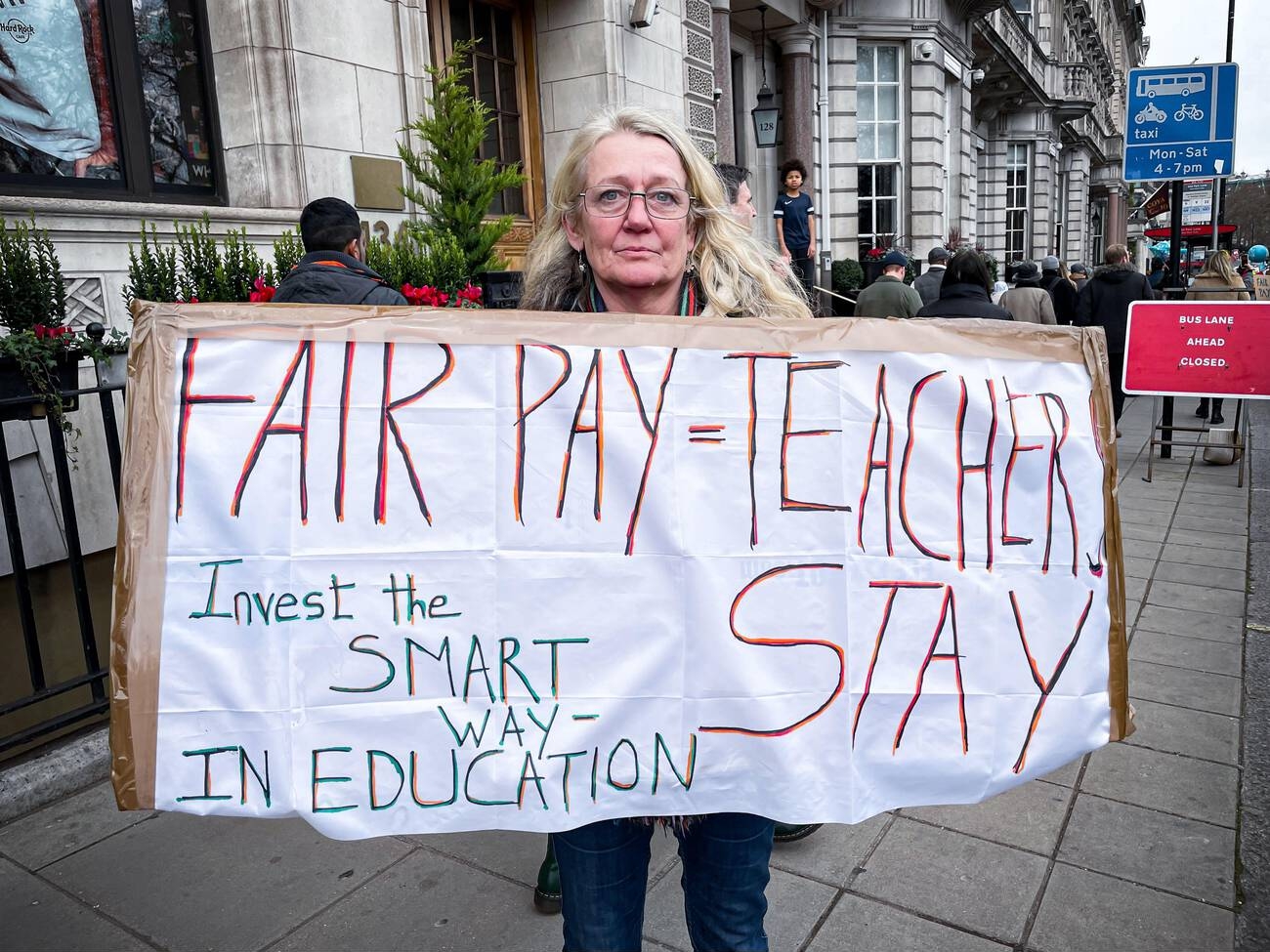
Once again, vital information that may decide the future pay of teachers has been leaked to the press. This happens every year, and the profession will be forgiven for thinking that nothing ever changes.
Members of the National Education Union (NEU), England’s largest teaching union, will vote on strike action. It will happen if the government sticks with its 2.8% pay offer for the 2025-26 academic year.
The NEU says it will hold a formal ballot if the offer remains “unacceptable” or if no extra funding is announced.
The government ended a wave of public sector strikes last summer. It happened when it accepted, in full, the recommendations of independent public sector pay review bodies to increase the pay of nurses, teachers, and others.
Teachers in England will vote on whether or not to go on strike if the government stands by its pay offer for the next school year. Overall, UK teacher salary protests are widespread.
Are teachers getting a pay rise this year as a result of UK teacher salary protests?
The STRB recommended a pay award of 4%, and this has been accepted in full by the Education Secretary. This issue reflects the crucial role teachers play in breaking the link between background and success for pupils.
Education unions have broadly welcomed the decision while warning of cuts to school budgets without extra funding to cover costs.
The 4% pay award would see pay packets increase by over £1,900. This amount would be for the average classroom teacher, which would take the median salary for 2025/26 to over £51,000 a year.
The education department has announced £615 million in additional funding to help cover the cost of pay rises this year.
But it has said schools will be asked to fund the first 1% of pay awards through “improved productivity and smarter spending”.
Pay rise for teachers versus NHS workers
The pay review body for teachers in England has recommended a pay rise of about 4% this year. While the NHS equivalent has recommended about 3%, according to figures first reported by The Times.
Both figures are higher than the 2.8% the government had budgeted for in their proposals to the pay bodies. They are likely to place further strain on public finances.
Prime Minister Sir Keir Starmer said the government would look at the pay proposals “and respond in due course”.
Last year, the government accepted the recommendations of the pay review bodies in full. It gave workers raises of between 4.75% and 6% – a move that ended widespread industrial action.
UK teacher salary protests, public anger over pay, squeezed public services, and potential strikes could play a major role in local elections.
Eight pay review bodies (PRBs) recommend the salaries of NHS staff, teachers and other public-sector workers. They cover 2.5 million workers and a pay bill of around £100bn.
Teachers’ pay erosion sharper than in other professions
The government eroded teachers’ pay far more sharply than other professions, the rest of the public sector, and wages across the economy, which led to UK teacher salary protests, a new analysis shows.
Teacher pay fell in real terms throughout the early 2010s. It improved slightly between 2018 and 2021. It was due to above-inflation rises before the pay pause in 2021-22, but then declined again.
The School Teachers’ Review Body (STRB) estimated teachers’ earnings in 2023-24 were 18.2 per cent below their level in 2010-11 in real terms. This figure does not take account of last year’s 5.5 per cent pay rise.
Median gross earnings for the whole economy were 2.5 per cent lower than their 2010-11 level. Whereas, for other professional occupations median gross earnings were 11.2 per cent lower, in real terms.
Median teachers are opting out of saving for their retirement due to financial pressures, according to a report presented to ministers.
The number of teachers opting out of the Teachers’ Pension Scheme (TPS) has risen by 14 per cent in the past year. The majority of those leaving say it is because they can no longer afford to contribute to the high rates.
The STRB has also suggested some ways the government could make teaching more competitive.
The government should make schools draw up policies to “fully embrace” flexible workings, review teacher pay grades, and consider multi-year settlements, the STRB has said. The body tasked with advising ministers on teacher pay has said they “see benefits in maximising the value of remuneration to teachers by facilitating employee choice” over opting out of teacher pensions, but had “concerns” about “poorly-informed decisions”.
Strike fears grow as Starmer rules out extra funding for higher wages for teachers and NHS workers
Pay review bodies are recommending a four percent hike for teachers and three percent for NHS staff – more than the budgeted 2.8.
The prospect of a lower award than last year made concerns about industrial action. The prime minister’s official spokesman said: “There’ll be no additional funding for pay if recommended awards exceed what departments can afford.”
Last year, the government accepted the pay review bodies’ recommendations of increases of between 4.75% and 6%. It was to end UK teacher salary protests and long-running strikes across the public sector. The government must fully fund any pay rise. However, the prospect of either a lower award or departments having to take money from elsewhere to fund pay rises has raised the possibility of more strikes.
Teachers’ strikes: Will there be more?
England
In a letter to Education, Bridget Phillipson said that after the government recommended a 2.8% pay increase, teaching unions had been clear that the 5.5% rise in 2024 “must be only the first in a series of fully funded, above-inflation pay rises needed to correct teacher and school leader pay.”
The leader of the NASUWT teaching union has said it could ballot members for industrial action within weeks if the government does not provide a “fully-funded” pay increase for next year.
Scotland
In September 2024, Scottish teaching unions accepted a pay offer of 4.27% for the present academic year.
The NEU announcement does not mean teachers in England are about to walk out. The union will need to reject the government’s final decision on teacher pay, including the size of the pay rise and whether or not there will be any additional funding for the rise; otherwise, there will be more UK teacher salary protests.


